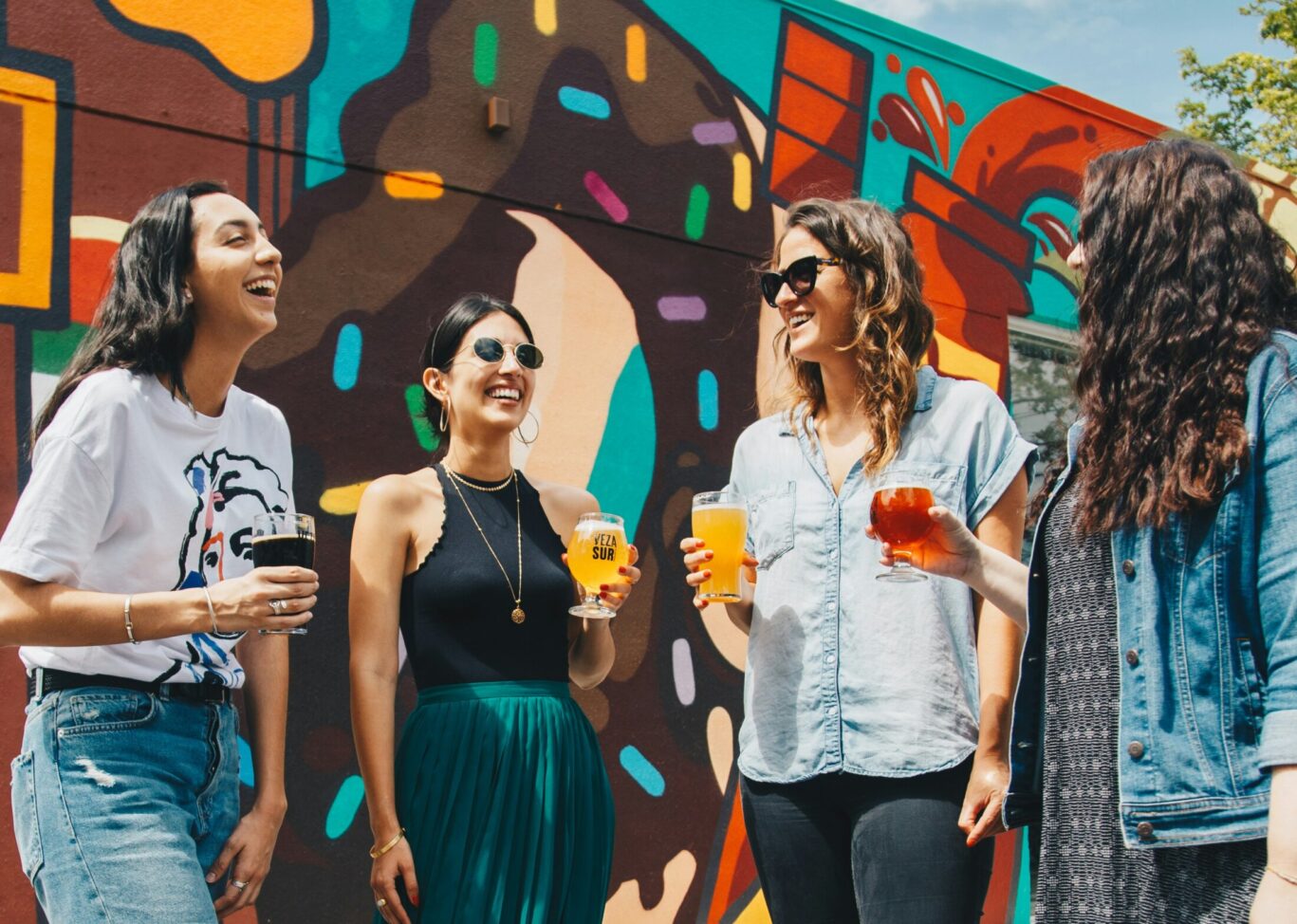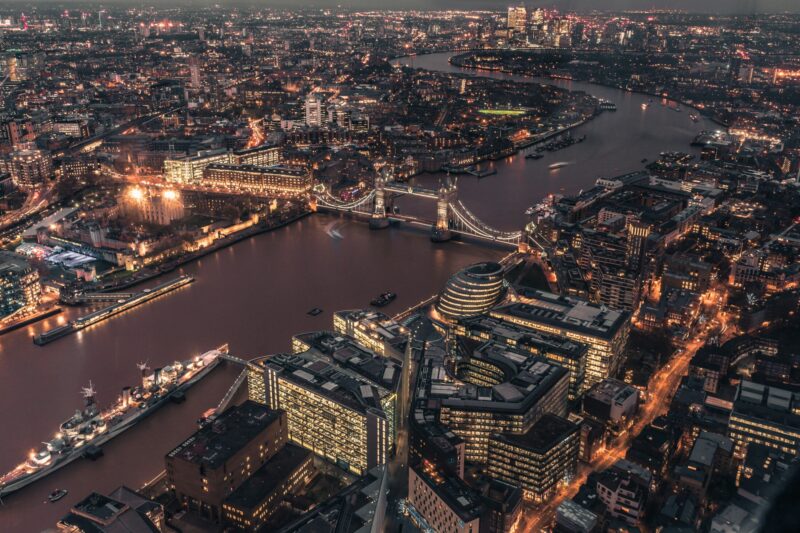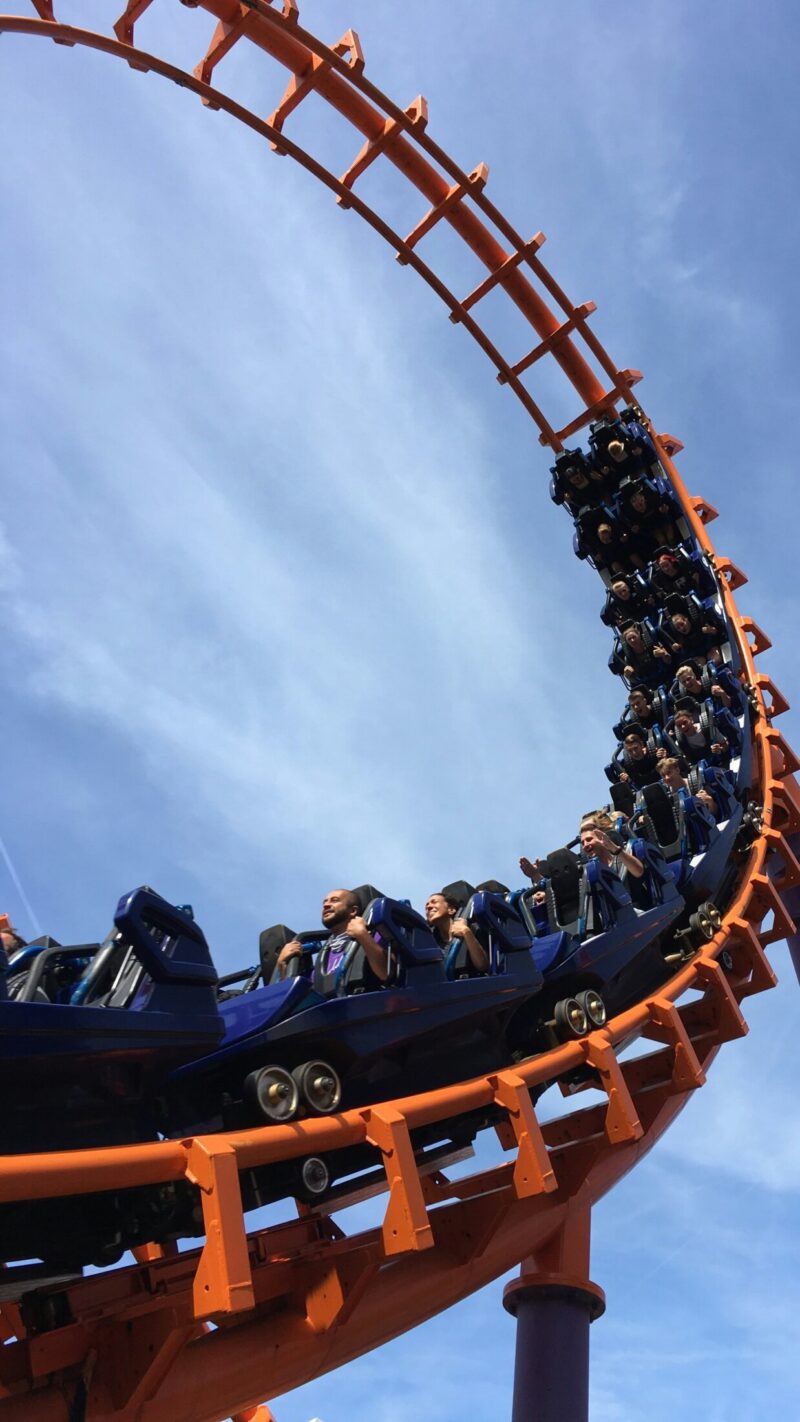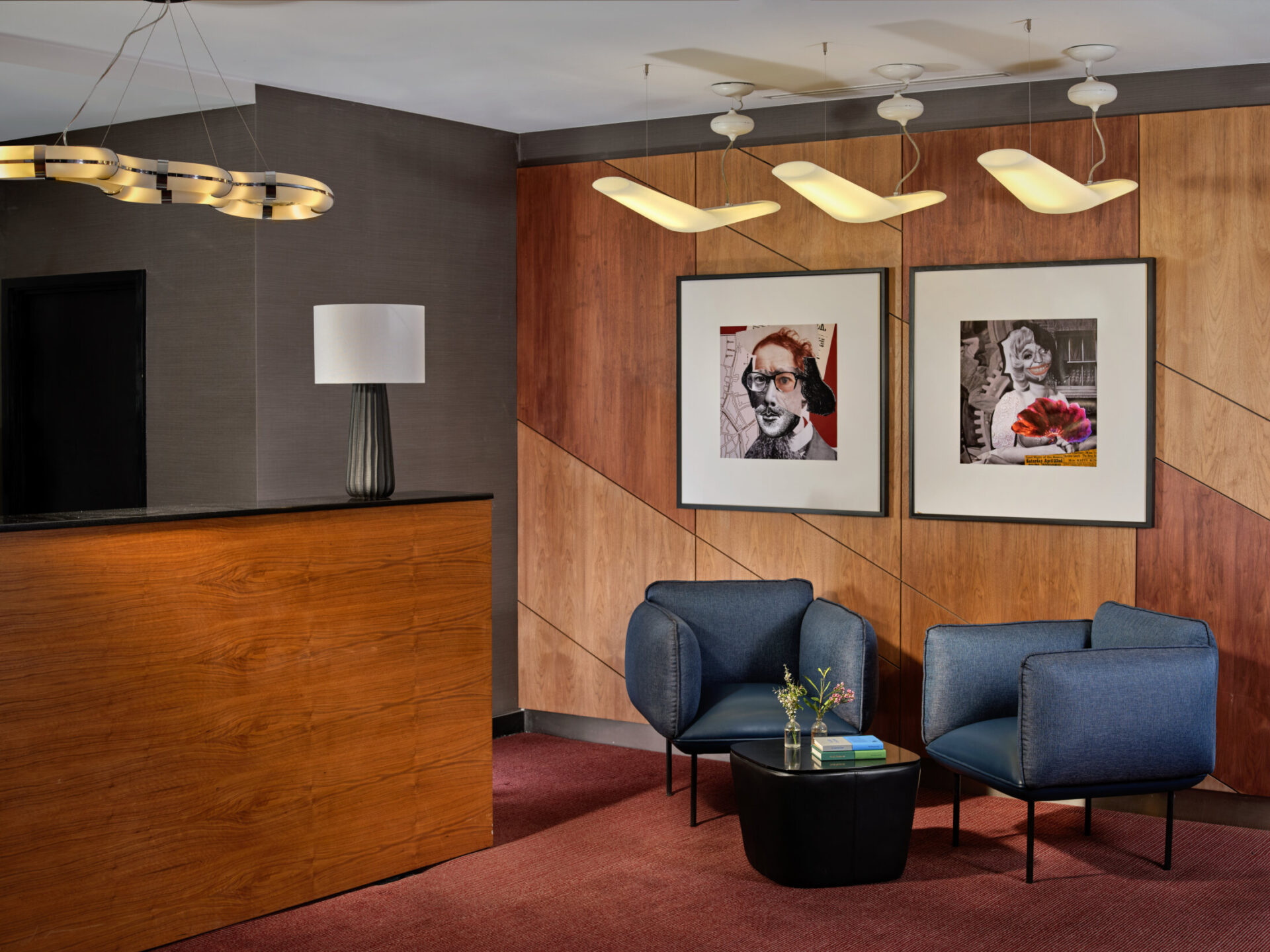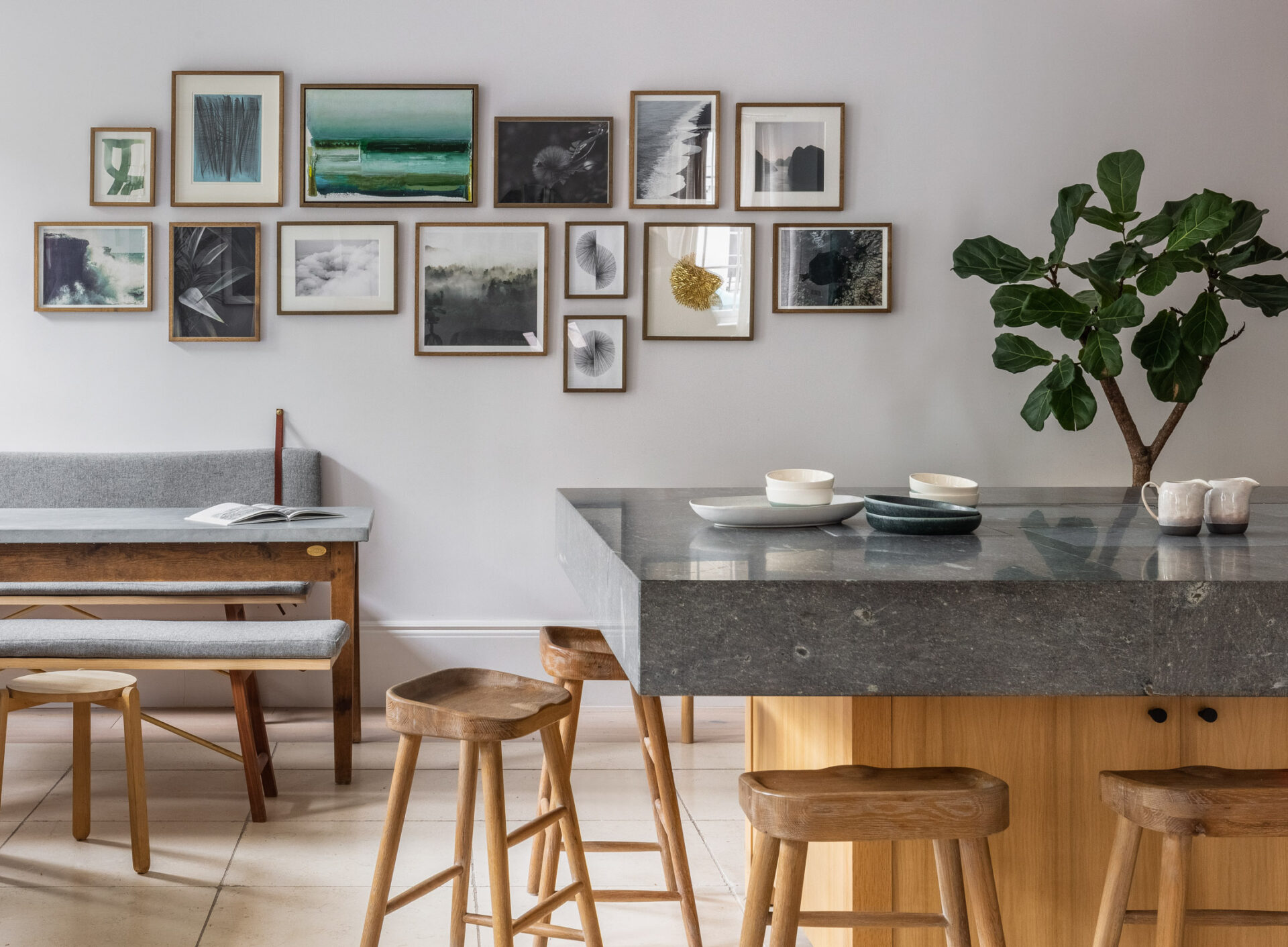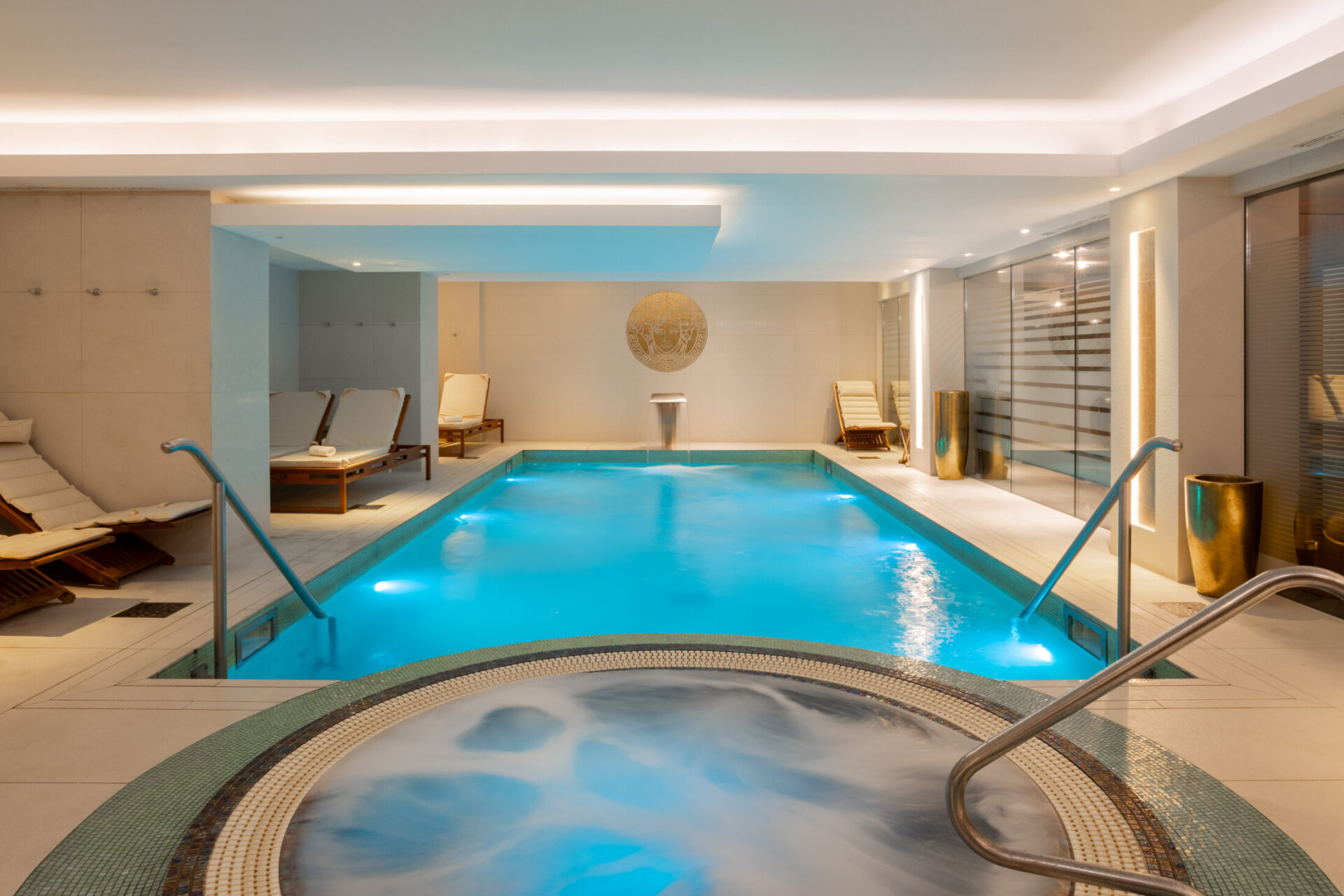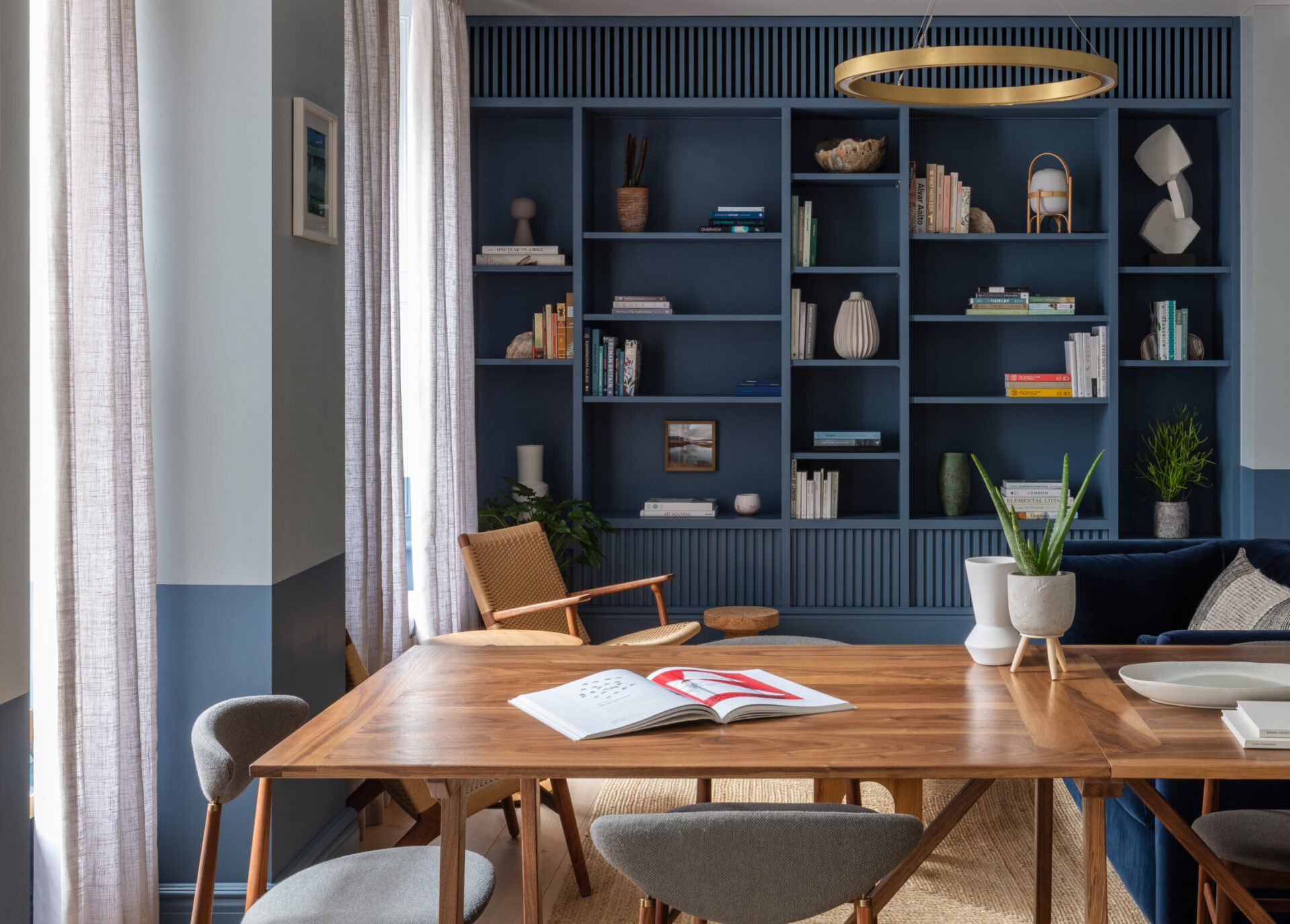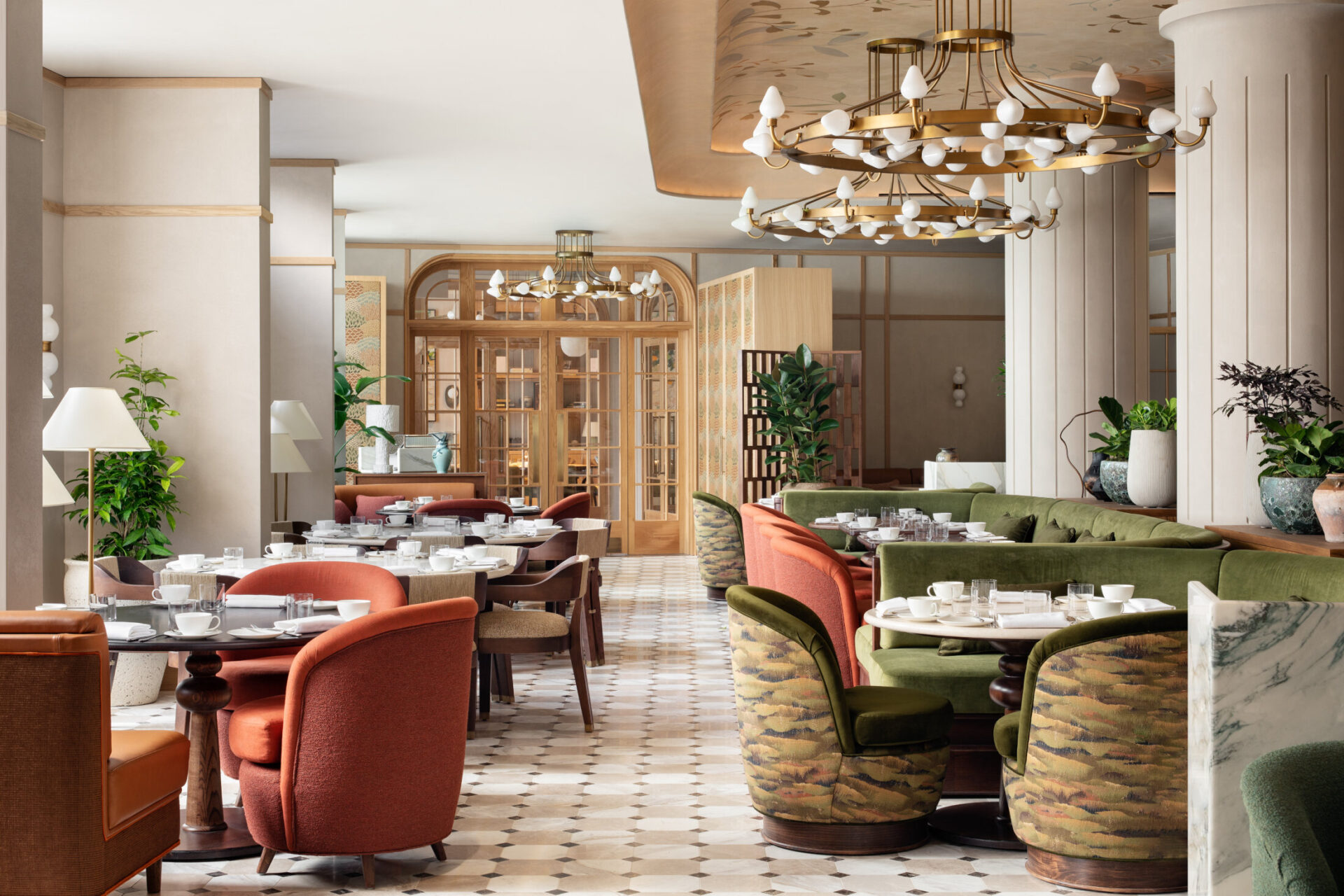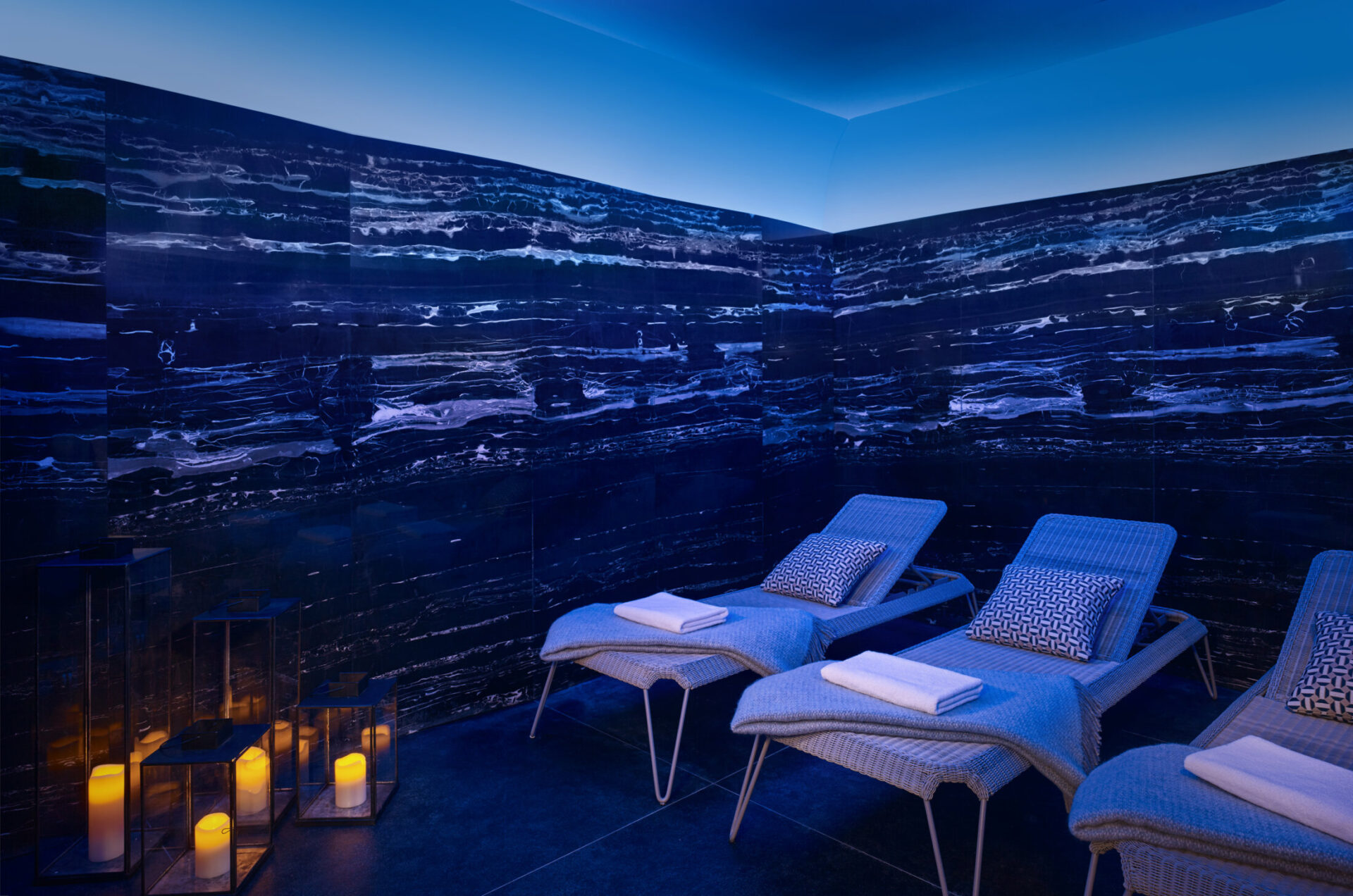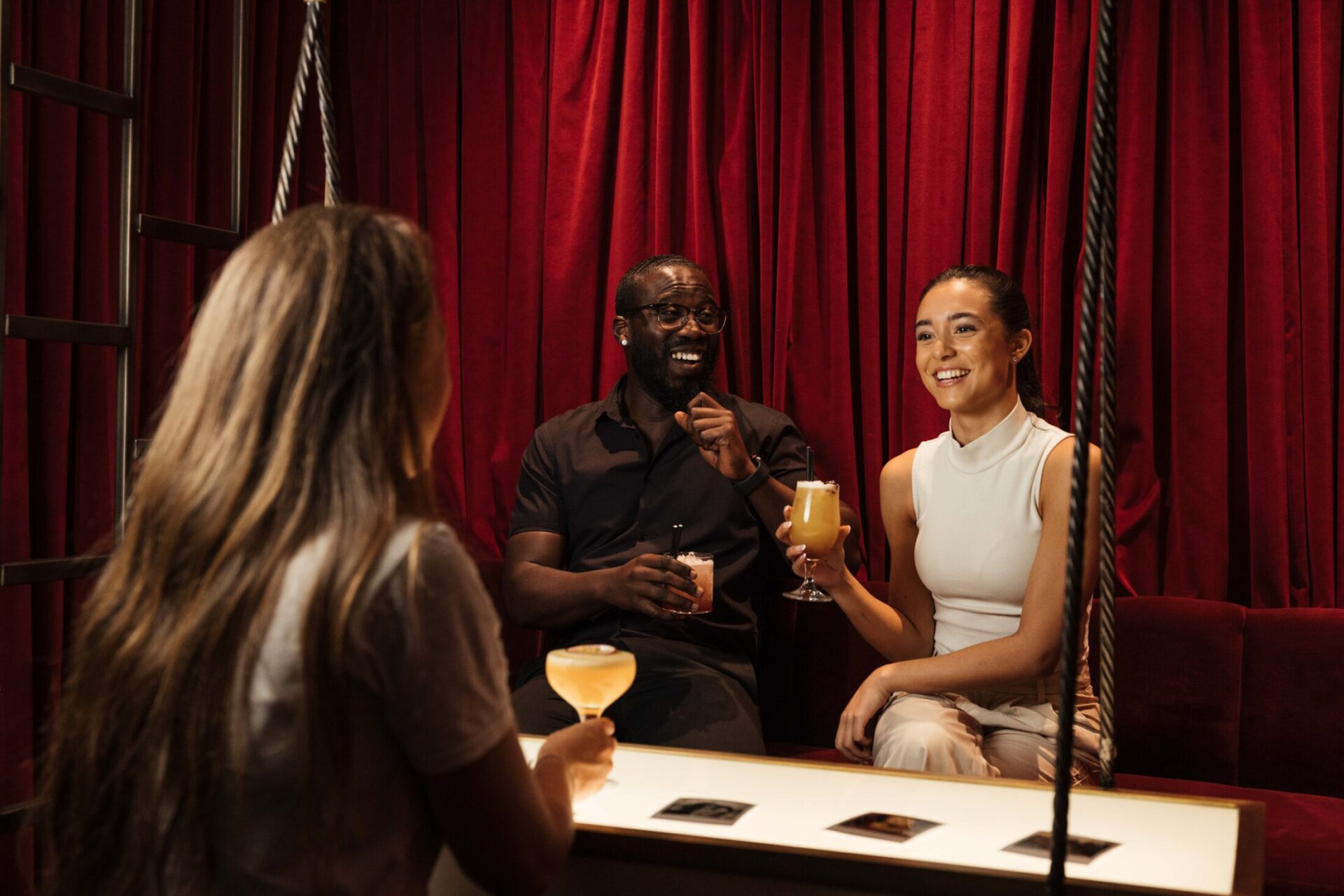9 Essential British Slang Words to Learn Before your Trip
While British culture is relatively popular on an international scale, from films and TV to books and music, there is no doubt that arriving in The Big Smoke without brushing up on the essential British slang words could end in a bit of confusion. In order to ensure you are on top of your game before heading to the city for London Hotels Special Offers, here are some of the most important words.
1. The Tube
London is vastly inter-connected, quite unlike anywhere else in the world, with an expansive, sprawling underground system which, though technically called The London Underground, is locally known as “the tube”. This naming is relatively straightforward in reasoning: this tube-like transport system is a network of high speed trains which link the city spectacularly, meaning you could get from the lovely restaurant, Aviary in the city to Montcalm Brewery, further east, without any trouble at all. No trouble, that is, unless your concierge tells you take the tube to get there, and you have no idea what that is…
2. Quid
Picture this: you have done your homework and can now easily tell the difference between your twenty pence pieces and your one pound coins. But then, at the bars at Montcalm Collection, you are told your drink comes to “eight quid”. You panic. You think, “I thought the currency here was pounds? Which of these is a quid?” Well, that panic can be easily avoided with the research you are currently doing. “Quid” is British slang for “pound”. So, if your bill comes to £10, that may well be referred to as “ten quid”. Though, to make things slightly more confusing, that could also be called a “tenner”. Similarly, a £5 note is sometimes referred to as a “fiver”. Other than those three major currency slang words, though, dealing with money is pretty self explanatory.
3. Do
Perhaps you are thinking “do” is a verb in this context. For instance, learning these words is something you ought to do before embarking on your trip to London. However, a “do” can also be used to refer to a social gathering. For instance, if you are travelling to London on business, the likelihood of being invited to a “work do” is pretty high. Don’t worry, this is neither a call to action nor is it a passive aggressive way of suggesting you need a more professional haircut. Instead, it means that people will be getting together after work to socialise, usually at a bar or pub. Which leads to…
4. Pub
“Pub” is a shortening of “Public House”, which originates in old British community life, where the locals of villages would go to a house which was open to the public for drinking. These days, in London especially, there isn’t too much of a distinction between pubs and bars. But traditionally, the two are quite different in atmosphere. While a pub retains the aesthetic of a tavern or gives the sense of drinking in a living-room environment, a bar can be slightly more posh. Which, again, leads to…
5. Posh
If you have heard the word before, it is likely to be in association with British pop group sensations, The Spice Girls, where Victoria Beckham was fondly dubbed Posh Spice. The word originated in the 15th century, simply meaning “money”. However, it has come to be weighted with a sense of elitism and being upper class, rather than simply flashy or expensive. If you are wondering how you can spend your afternoon in a suitably posh way in London, then perhaps a spot of Afternoon Tea at Montcalm Mayfair is in order.
6. Tea
You probably think you know what tea is – especially if you have treated yourself to an Afternoon Tea experience in the city. However, in most confusing a fashion for non-British people, the British have more than one use for the word. You would think, given how much tea is consumed in the UK, that this would not be the case but alas: “tea” is also synonymous with “dinner” or “supper”. That’s right – if somebody asks what you are “having for your tea”, they could very well be asking you what you will be eating for your evening meal. Though this is less common in London than other parts of the UK, such as cities further North, it can really trip you up if you aren’t prepared for the possible ambiguity. Nobody wants to be asked out for tea, expecting a meal, and then be offered a hot brew.
7. Cheers
Cheers is said reasonably universally when clinking drinks together, as a toast of good will. However, when used by a British person, it could simply be an alternative word for “thank you”. Try it for yourself – instead of saying “thank you” after purchasing something in a store, say “Cheers!” and see how normal this is amongst the British.
8. Bloke
Bloke is a synonym for a man in British slang. It is usually used when referring to men more generally rather than a replacement word – for instance, a Brit would be more likely to say “the bloke behind the bar makes great cocktails” than they would be to say, “I am going to the bloke’s bathroom”. It would be used similarly to words like “dude” or “guy” in American slang.
9. Trainers
Trainers are what British people call “sneakers” or running shoes, or “kicks” if you are American, so if you have come to London to shop until you drop, and perhaps buy some new Nike or Adidas on the high street, be sure to call them trainers if you want to fit in with the locals.
Though it will only cost you a couple of quid on the tube to get to your do at the pub, make sure you have had a hearty tea at a posh restaurant beforehand (no trainers allowed, smart shoes only!) You can say cheers by sharing this information with fellow travellers. And, if you understood that, you are ready to take on London with the local slang firmly grasped – good job!
